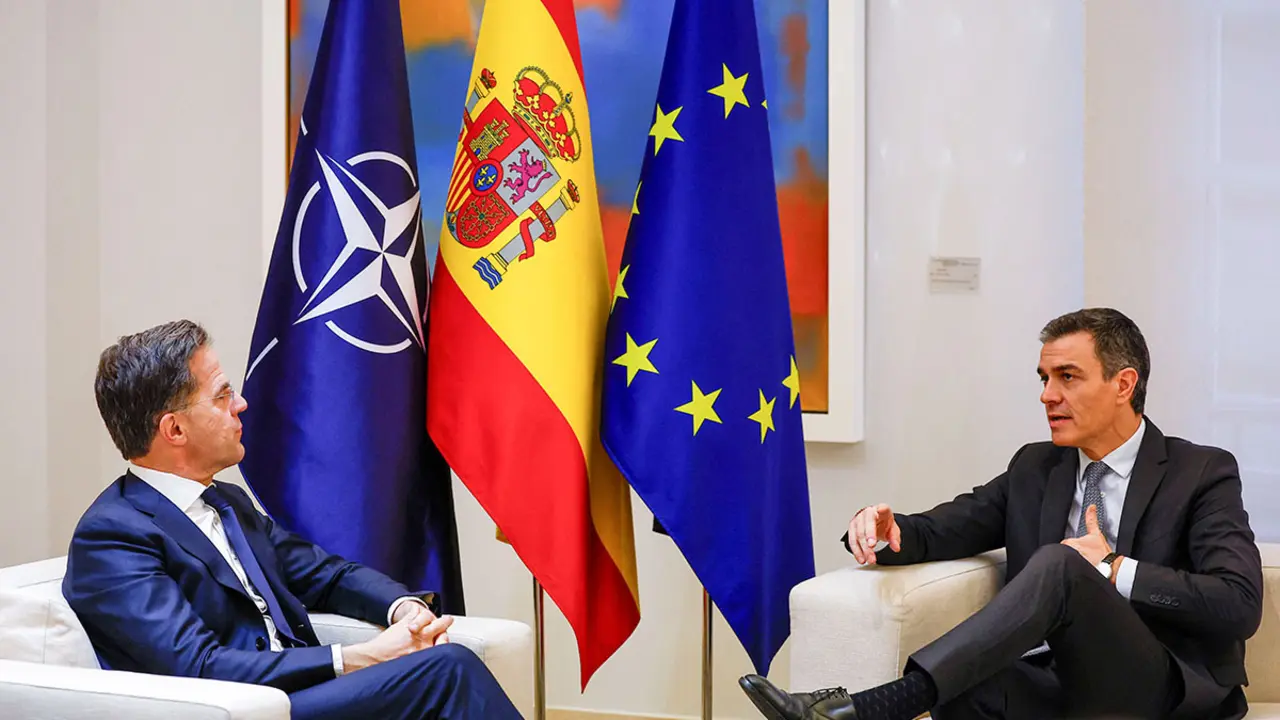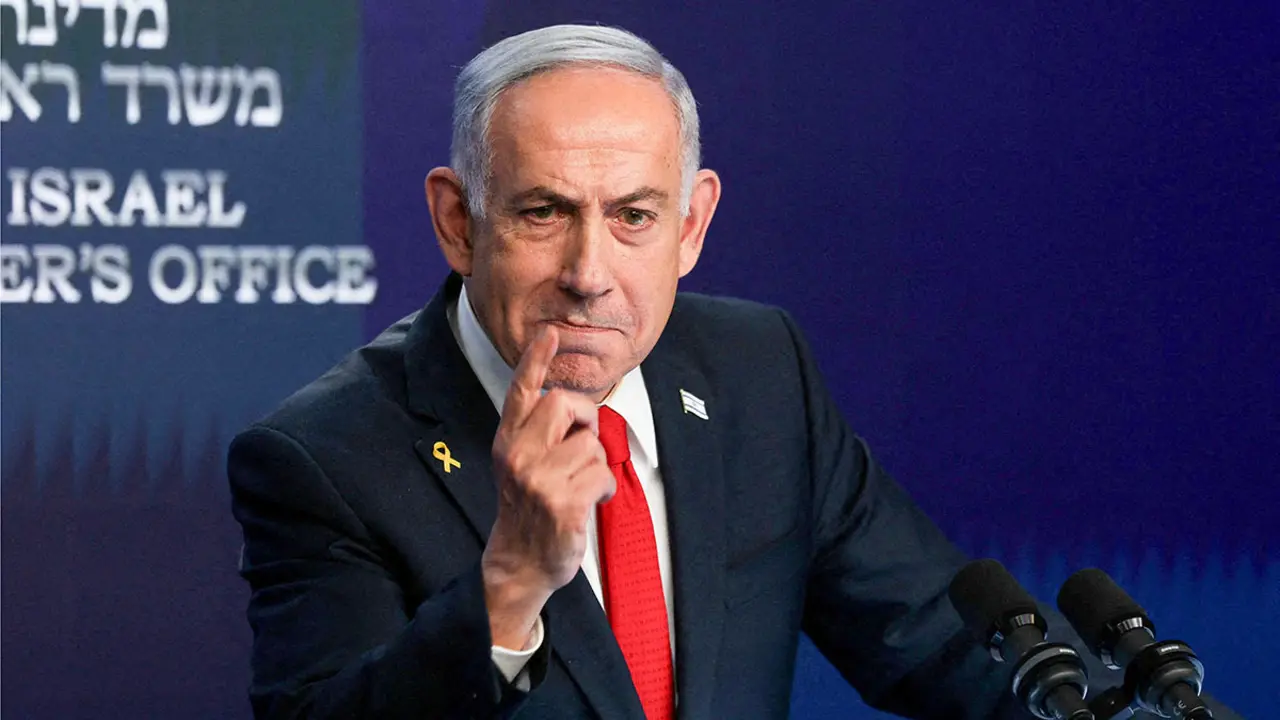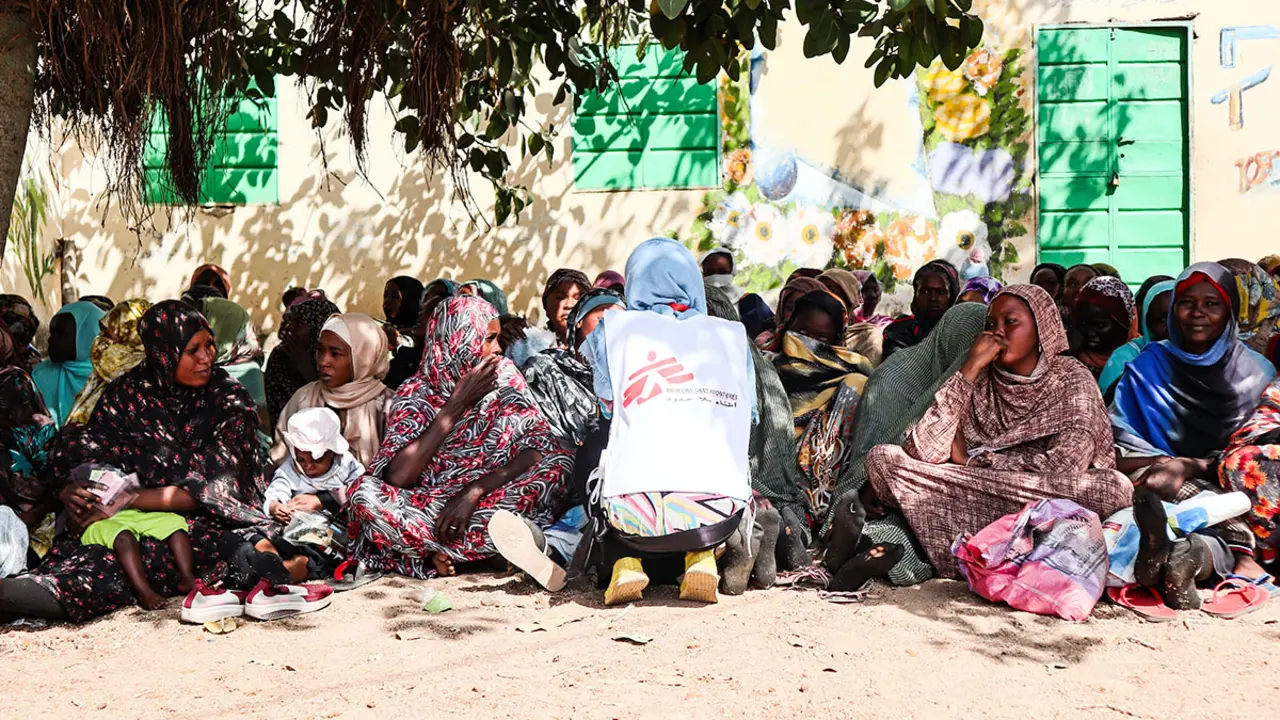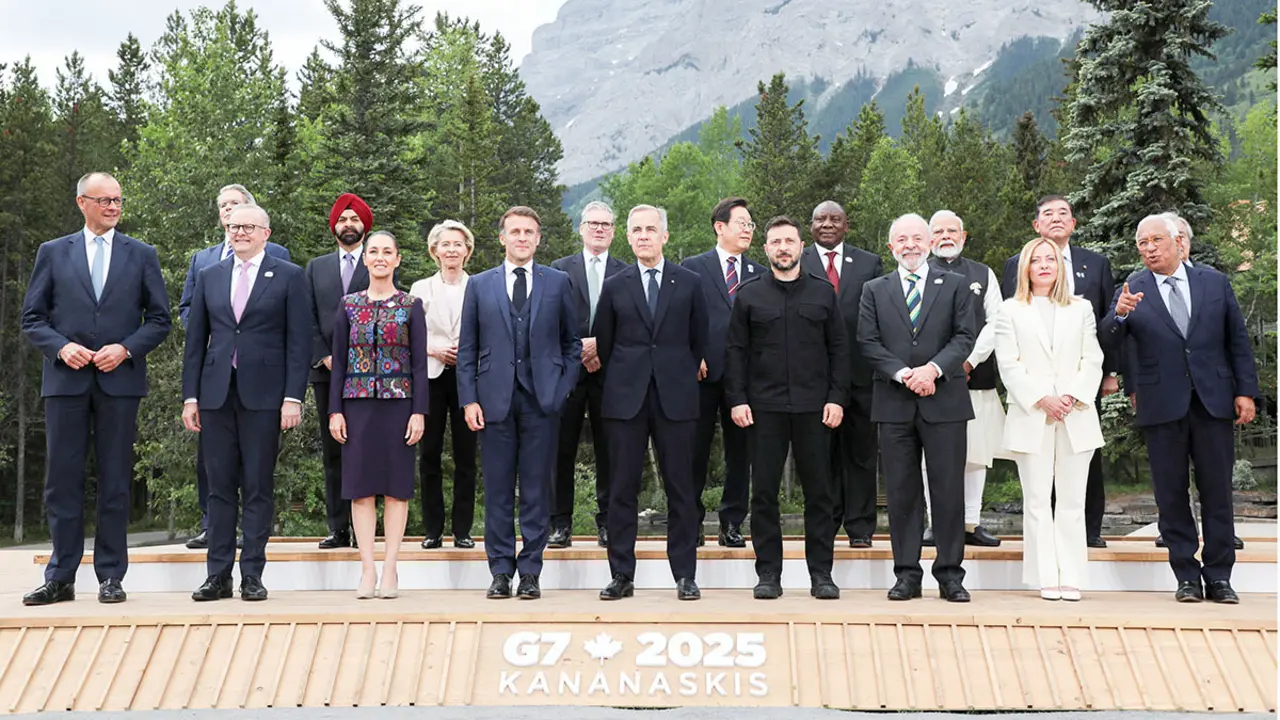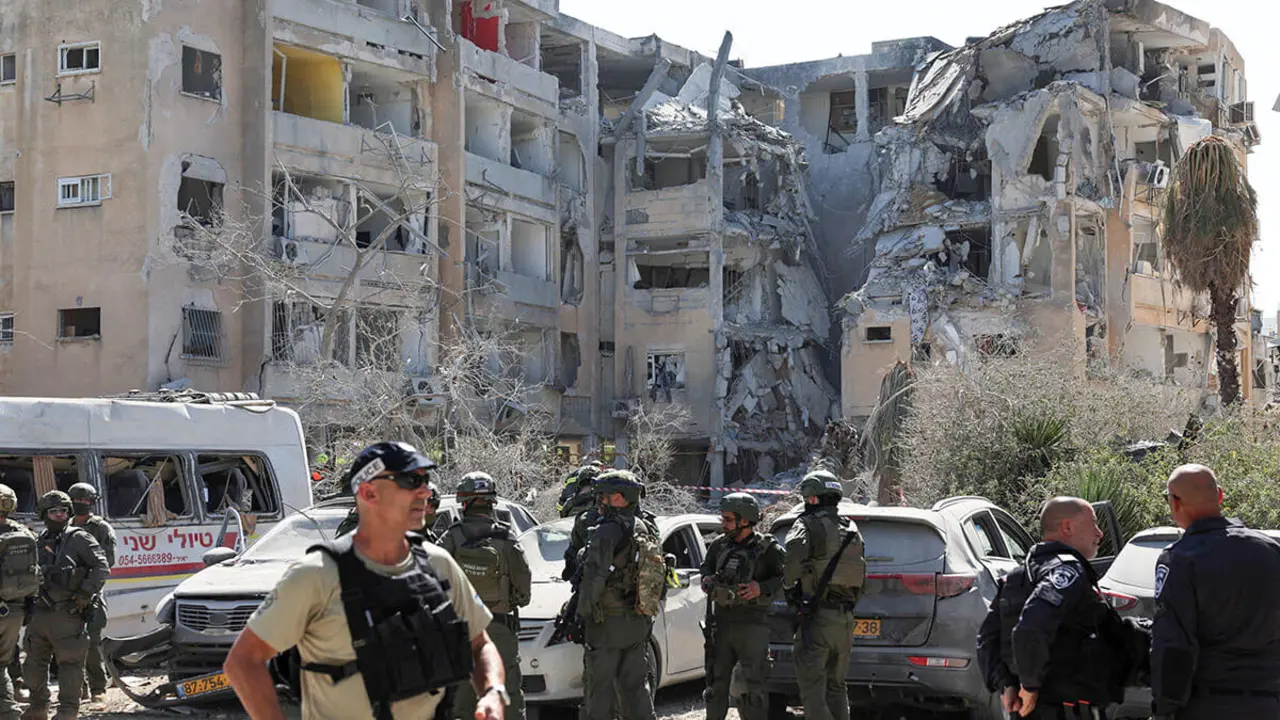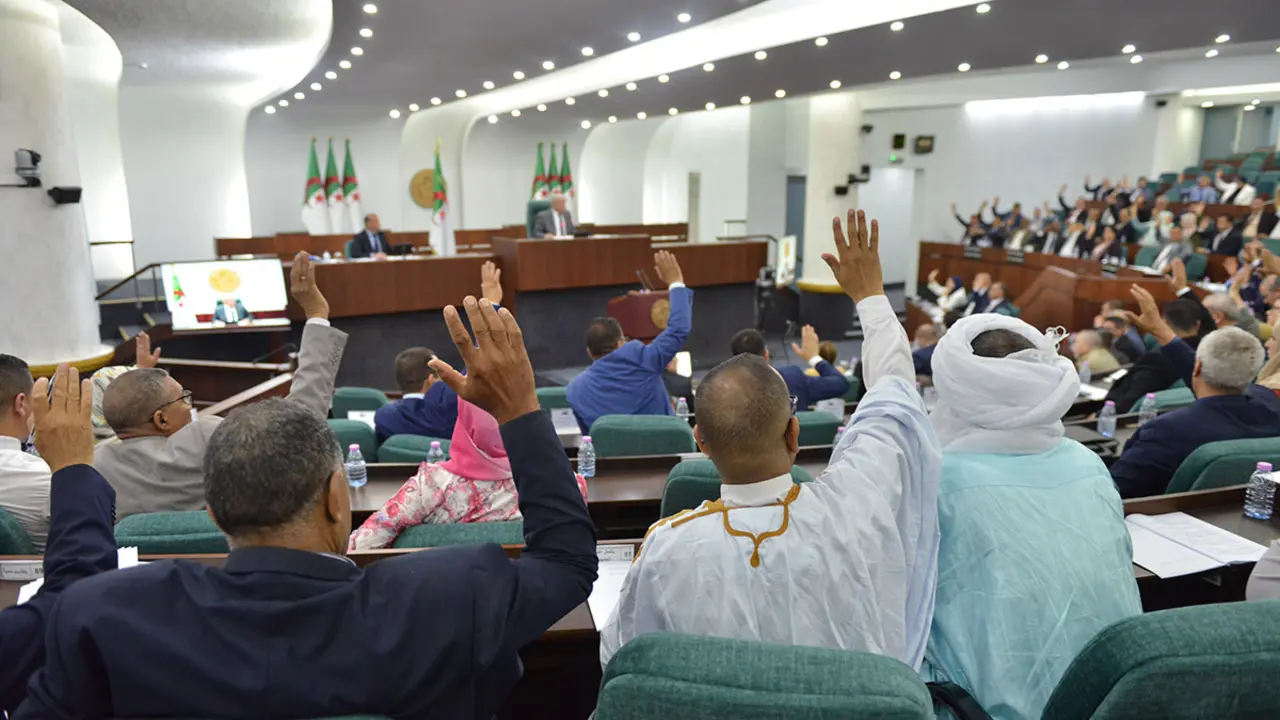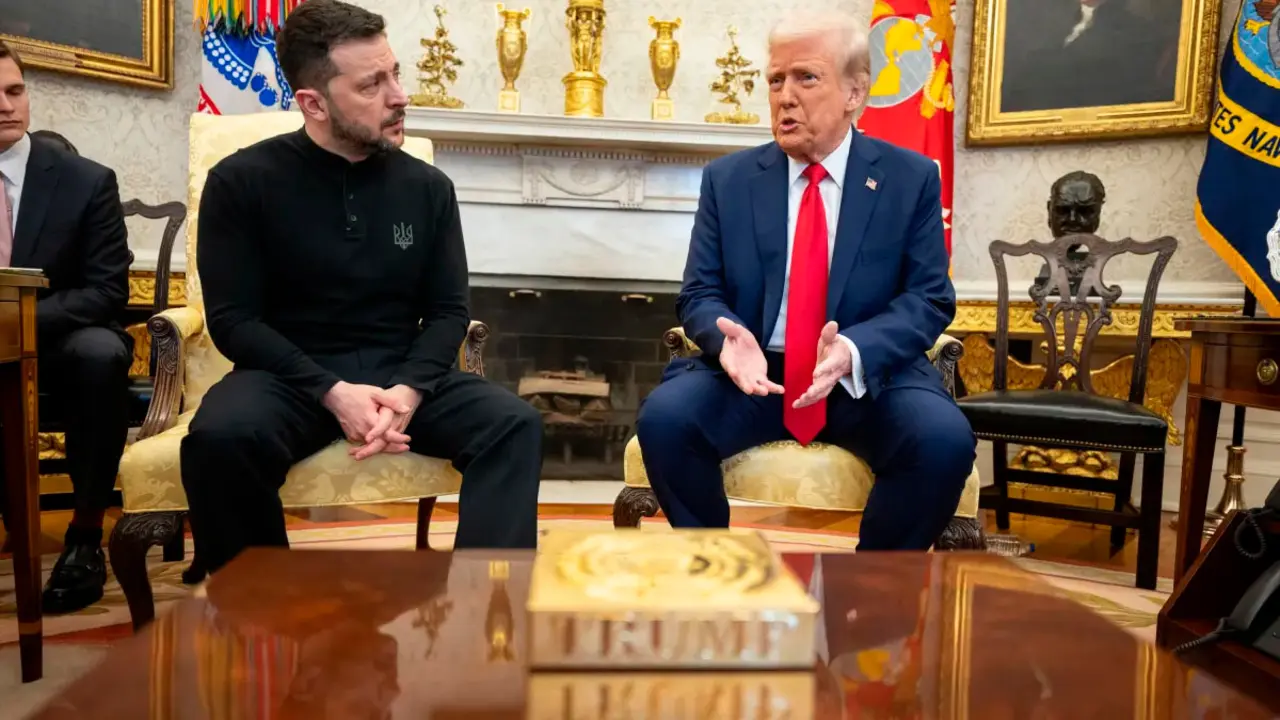Mikati tries to put out Lebanon's diplomatic fire with Gulf states

As if it did not have enough open fronts, Lebanon was joined in October by one more. And a deep one at that. It all began in August, when the current information minister, Georges Kordahi, criticised in an interview the role of the Saudi-led coalition forces in the bloody war in Yemen, saying that the Houthi militia was defending itself "from foreign aggression". These words lit the fuse of a regional dispute that eventually imploded in the hands of the Lebanese executive.
The strenuous efforts of Prime Minister Nayib Mikati and part of Lebanese diplomacy to dissociate themselves from Kordahi's statements had no effect. The damage was done, and their bilateral relations had already deteriorated. Coalition forces, including the Emirates, Bahrain and Kuwait, as well as Saudi Arabia, responded forcefully to the minister's remarks by cutting diplomatic and economic ties with the Mediterranean nation. This is yet another setback for Lebanon's laminated treasury.
Mikati held a meeting on Wednesday with Lebanon's expelled ambassadors to Riyadh and Manama, Fawzi Kabbara and Milad Nammour, to discuss Beirut's new agenda in the diplomatic dispute with the Arabian Peninsula monarchies and the Gulf Cooperation Council (GCC), aimed at reunion, state news agency NNA reported. "Every day of delay in resolving the crisis will make it more difficult to restore these relations," the ambassadors warned.

Lebanese diplomats told the prime minister of their concerns about possible reprisals against Lebanese communities in the Gulf countries, which may be affected by the diplomatic challenge. In fact, Kuwait is considering suspending tourist and commercial visas for visitors to Lebanon, according to AFP news agency. This resolution would include a moratorium on the issuance of visits of all kinds, as well as a freeze on work visas, but would not affect residents. More wood.
For its part, Saudi Arabia blocked Lebanon's imports a fortnight ago, causing the country to lose close to $250 million, at a time when Beirut was planning to turn to Saudi financial aid as a way to mitigate the galloping economic crisis. A common procedure in the past, as investment from the Persian Gulf has played a key role in rebuilding Lebanon after 15 years of civil war.
Kordahi, a face known in the region for hosting the Arabic version of 'Who Wants to be a Millionaire', made the remarks a month before taking over the information portfolio. But his statements went viral on social media 30 days later, once he was installed in office. The journalist then denounced a campaign against him that would serve to justify the Gulf countries' distancing themselves from Lebanon, which is in the midst of the deepest of crises and struggling to avoid becoming a failed state.

This version claims that Saudi Arabia and its partners used statements made before the arrival of the journalist as a weapon of war against a country controlled from within by the Hezbollah Shiite militia, founded and supported by Riyadh's bitter enemy in the region: Iran. Statements that, moreover, are related to the proxy war that the Wahhabi Kingdom and the Islamic Republic have been waging in Yemen since 2014. A conflict with no end in sight.
However, the Minister of Economy and Mikati himself do not consider this argument to be valid. Both figures, who hold the highest authority in the cabinet, demanded the immediate resignation of the Information Minister. However, the journalist decided to stick to his position and told his government colleagues that he would not leave office because of Saudi pressure. This pressure had already brought down former foreign minister Charbel Wehbe, who was forced to resign in May after pointing the finger at the Gulf states as the promoters of Daesh.
The call for Kordahi's resignation has this time been met with a refusal from President Michael Aoun. The head of state, an ally of Hezbollah, closed ranks with the information minister. These events highlight the delicate situation of the Lebanese government, which is influenced by the Shiite militia at the highest levels of the state and is even capable of obstructing the minister's departure, as he is considered to be close to the 'Party of God'.

But it is precisely the lack of assurances that Kordahi's continuity is in doubt. It is unclear whether his definitive departure from the executive would change the stance of the Gulf states. The Gulf countries, in turn, are concerned about Hezbollah's ostensible increase in influence in the state, as well as the lack of effectiveness of the government's policies to push forward the reforms that the country needs.
Nayib Mikati, who has headed the government twice before, needs liquidity and is working with the IMF and the World Bank to boost the Lebanese economy. However, his executive work has been obstructed by the wave of protests against Judge Tarik Bitar. The judge, who is in charge of the court case investigating the deadly explosion in the port of Beirut that paralysed the country's institutions, is under pressure from profiles close to the Amal Movement and Hezbollah, which in turn are linked to members of the government.

